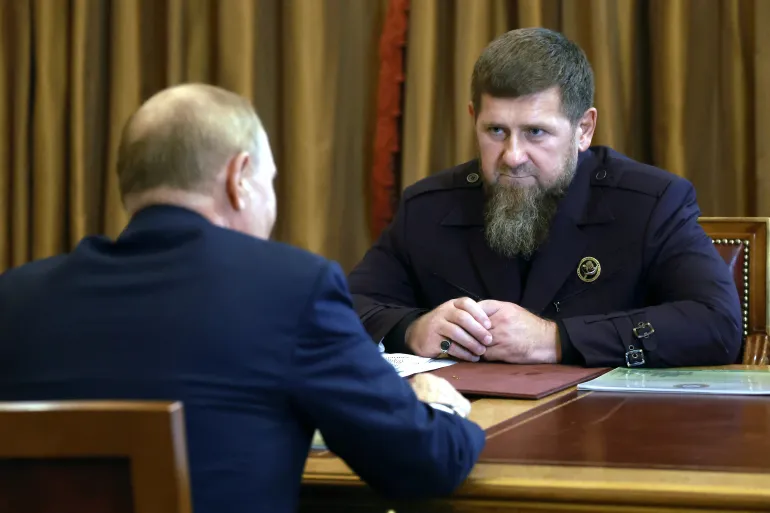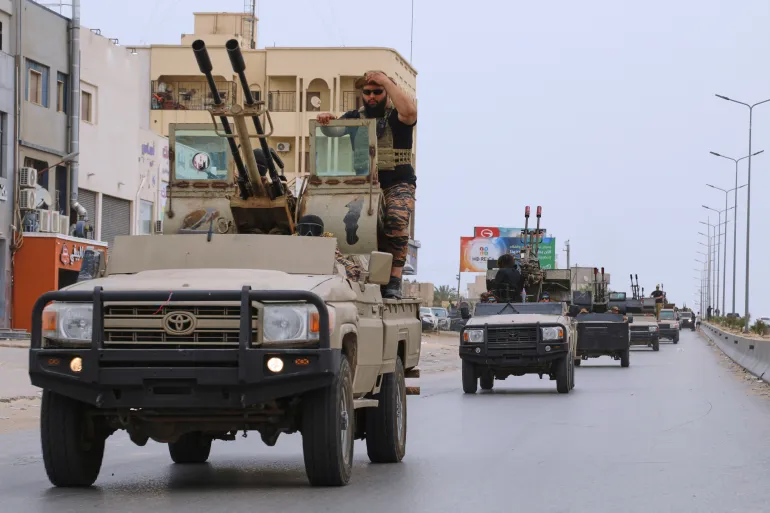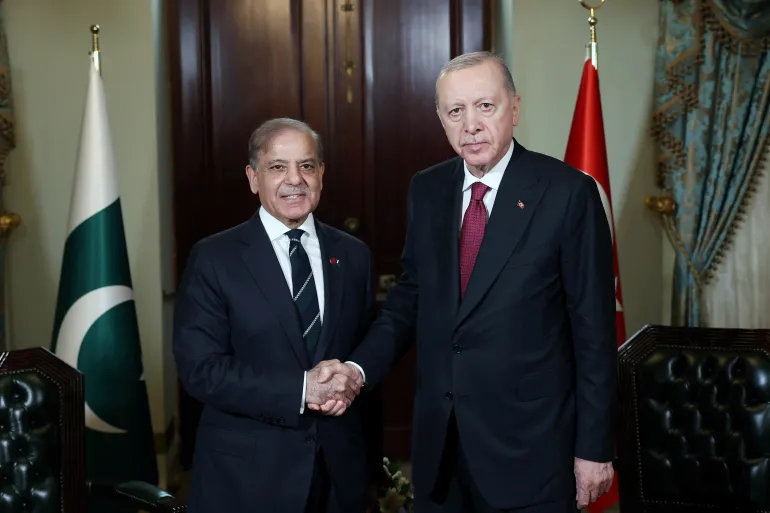A swirl of confusion and speculation surrounds Chechen leader Ramzan Kadyrov after a cryptic social media post suggested he wanted to resign from his position — only to be followed by silence and conflicting interpretations. The ambiguous statement has left observers questioning whether Kadyrov, a key ally of Russian President Vladimir Putin, genuinely plans to step down, or whether the move is part of a political maneuver.
Kadyrov, who has ruled the Chechen Republic with an iron grip since 2007, posted on Telegram what appeared to be a vague farewell, saying he had “long desired to step away” from power and let “someone younger and stronger” take charge. “The time may have come,” he wrote, in a tone that some read as a resignation and others as mere introspection.
The Kremlin did not immediately comment on the post, and there has been no formal statement from Kadyrov or Russian federal authorities confirming any resignation or succession plans. Kremlin spokesperson Dmitry Peskov, when asked by journalists, said only that he “had not seen the post” and “could not confirm any changes.”
Kadyrov, 48, has repeatedly flirted with the idea of leaving office in the past, often citing health reasons, fatigue, or the need for new leadership — but has never followed through. Each time, he has returned to power stronger, often securing more resources and political loyalty from Moscow.
Chechen officials quickly downplayed the idea of his departure. Magomed Daudov, speaker of the Chechen parliament and a close Kadyrov ally, said the statement had been “misunderstood” and that the leader had “no intention of leaving his duties.” Others within Kadyrov’s circle suggested the message was more about personal reflection than an official decision.
Still, the timing of the post has raised eyebrows. It comes amid reports of Kadyrov’s declining health, rumored infighting among Chechen elites, and broader uncertainty in Russia’s domestic political landscape as the war in Ukraine drags on. Kadyrov has also become a lightning rod within Russian politics, both admired for his loyalty to Putin and criticized for his brutal methods and paramilitary governance style.
Experts are split on how seriously to take the message. “It could be an emotional outburst or a calculated move to test Moscow’s response,” said Tatiana Stanovaya, a political analyst with the Carnegie Russia Eurasia Center. “Kadyrov has often used ambiguity to reinforce his indispensability to the Kremlin.”
Kadyrov’s security forces, known as the “Kadyrovtsy,” have played a prominent role in Russia’s military operations in Ukraine and are also accused of severe human rights abuses, both at home and abroad. Human rights organizations have documented extrajudicial killings, torture, and the persecution of LGBTQ individuals under his regime.
Should Kadyrov actually resign, it would mark a significant shift in the political order of the North Caucasus, a region historically fraught with separatism and instability. Kadyrov has ruled Chechnya as a quasi-independent fiefdom under the umbrella of loyalty to Putin, receiving vast federal subsidies in exchange for maintaining control.
There is no clear successor. While Kadyrov has promoted several family members and close allies into positions of power, none have demonstrated the political strength or public presence to replace him outright. His eldest son, Akhmat, has appeared more frequently in recent state media coverage, prompting speculation about dynastic ambitions.
For now, the message remains open to interpretation. It may be an authentic sign of fatigue. It may be a loyalty test. Or it may simply be the latest chapter in Kadyrov’s ongoing strategy to keep both Chechnya and Moscow in suspense.
As one analyst put it: “Until the Kremlin speaks, Kadyrov hasn’t resigned — no matter what he posts.”
Source: Al Jazeera



